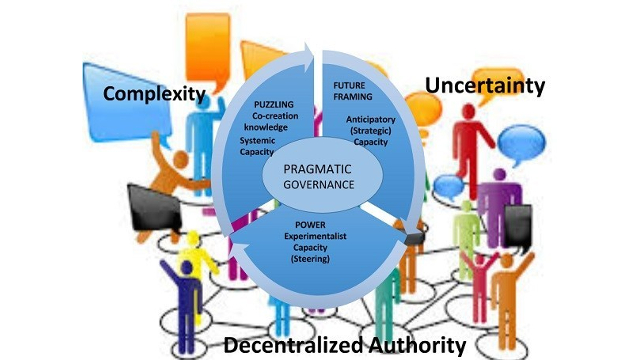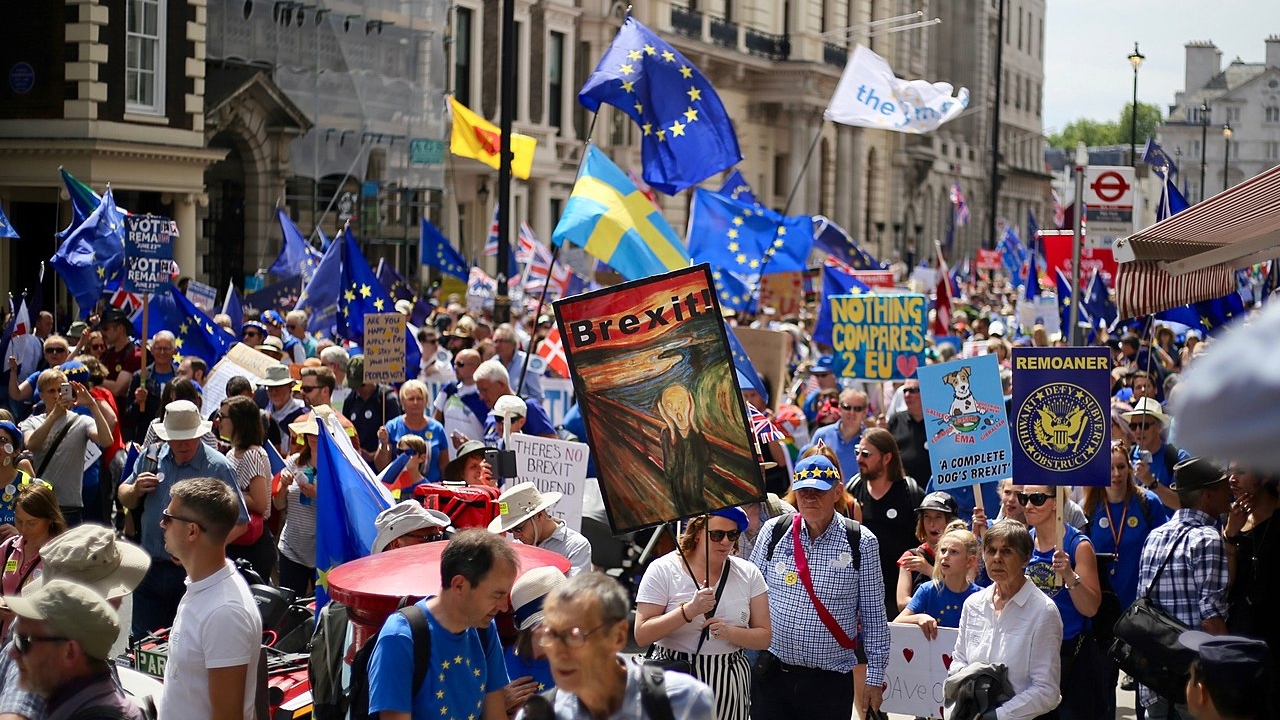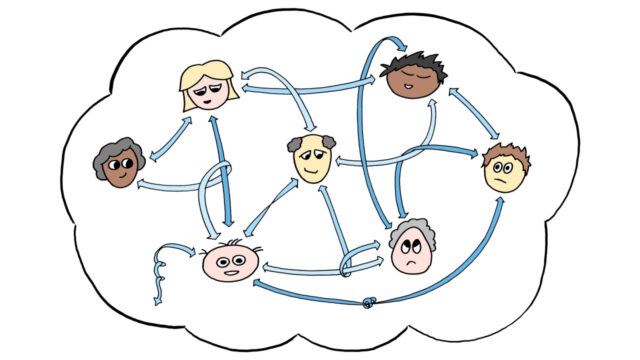
How polarization occurs in even the most rational circumstances
Originally posted on The Horizons Tracker.
One of the more defining characteristics of the polarized nature of political debate today is that it rarely seems particularly rational. It often seems to involve emotive arguments that people rapidly become entrenched behind.
A new study1 from the University of Pennsylvania reminds us that polarization can occur in even the most rational of circumstances however, with our limited memories often to blame.
The researchers developed a simulated world complete with agents who had finite memory, and agents who were capable of remembering everything they hear.
“There are clear cases where you don’t get polarization, such as when everyone shares their information, listens to everybody, has perfect memory, and perfectly takes in all new information” the researchers say. “Everyone ends up knowing all things that anyone knows. In this situation, for unlimited agents, polarization totally goes away.”
Polarized debate
Of course, humans aren’t generally like that, and the simulation showed how limited agents who act in a more human way have to find a way to manage their finite memory. What do they choose to remember versus forget? The researchers tested three strategies:
- Forgetting things at random
- Forgetting things that seem inaccurate
- Forgetting things that are not factually important.
Interestingly, it emerged that polarization occurred most when agents forgot information based upon what they perceived to be the least accurate information.
“These agents don’t forget the weakest information. They forget the weakest information for something they think is false,” the researchers explain. “When everyone is doing that, you get polarization almost all the time.”
It’s a process the authors believe is at play on a larger scale in modern politics. It enables us to go beyond the current trend of believing polarization occurs because people are irrational, which they believe is important if we’re to create a less polarized society.
Overcoming polarization
Doing so may require doing more than asking people to sincerely talk to and listen to one another. Instead, it might not be something we should explore on the individual level at all.
“Society isn’t composed of a few individuals having it out, in the same way traffic jams don’t necessarily happen because of the actions of a few drivers,” they explain. “The reason we come to these deliberative equilibria isn’t just because one political actor woke up with a bee in his bonnet. It’s the sum of millions and millions of smaller actions.”
The social phenomena of polarization tends to occur at a systems level rather than an individual level. Progress at a societal level will only really occur as part of high-level interactions that go beyond individuals interacting with one another.
Article source: How Polarization Occurs In Even The Most Rational Circumstances.
Header image source: Mohamed Hassan on Pixabay, Public Domain.
Reference:
- Singer, D. J., Bramson, A., Grim, P., Holman, B., Jung, J., Kovaka, K., … & Berger, W. J. (2019). Rational social and political polarization. Philosophical Studies, 176(9), 2243-2267. ↩






